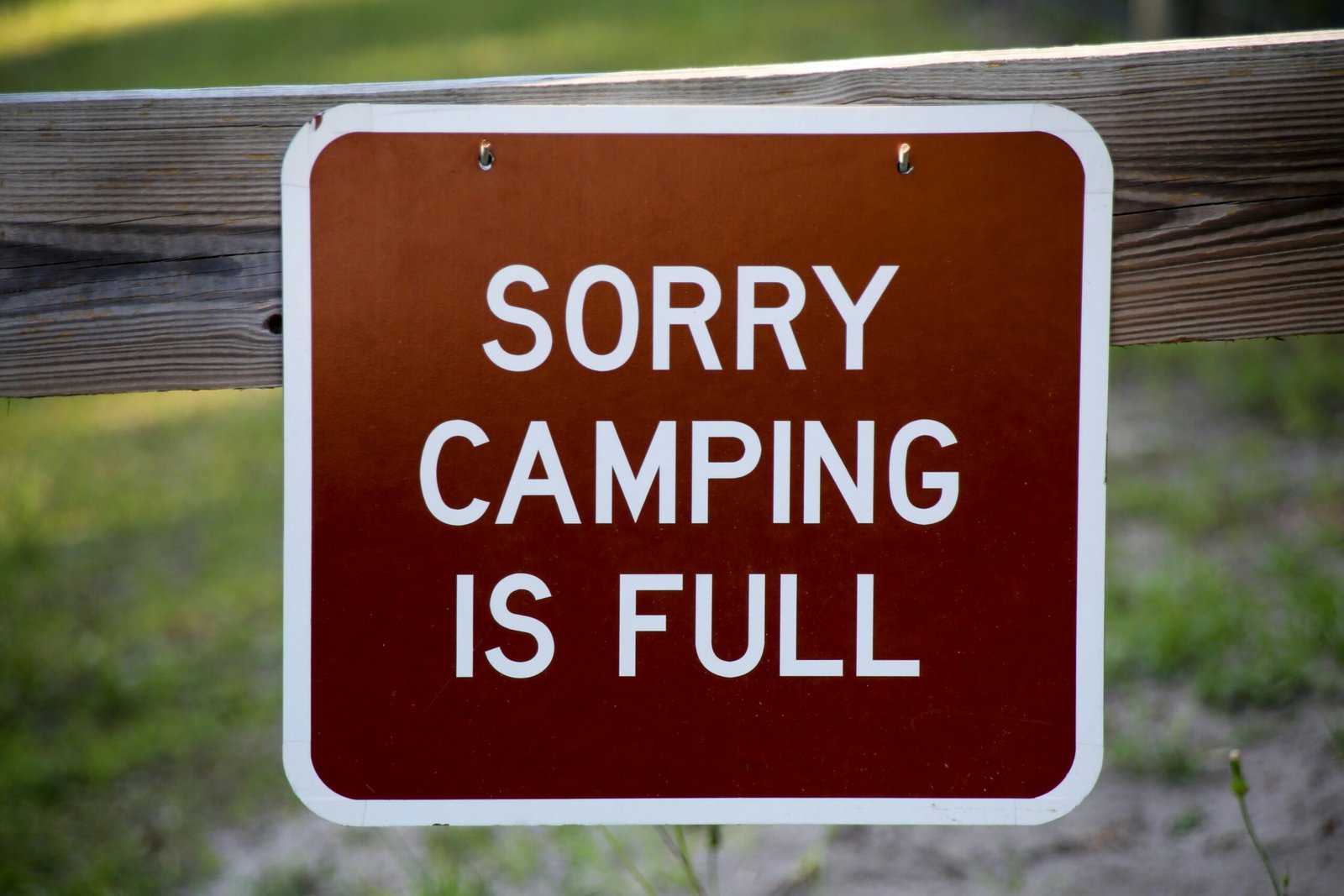
Understanding the Cancellation Policy for Rental Properties
When it comes to renting a property, whether it’s for a vacation, business trip, or any other reason, it’s important to familiarize yourself with the cancellation policy. The cancellation policy outlines the terms and conditions for canceling a reservation and the associated fees or refunds that may be applicable. In this article, we will explore the common types of cancellation policies for rental properties and provide some tips on how to navigate them.
One of the most common types of cancellation policies is the “strict” policy. Under this policy, if you cancel your reservation within a certain timeframe, typically 30 days or more before the check-in date, you may be entitled to a full refund. However, if you cancel within a shorter timeframe, you may only receive a partial refund or no refund at all. This type of policy is often used by property owners who want to ensure a steady stream of bookings and minimize the risk of last-minute cancellations.
Another type of cancellation policy is the “moderate” policy. This policy offers more flexibility than the strict policy, allowing you to cancel your reservation within a shorter timeframe and still receive a partial refund. For example, if you cancel within 14 days of the check-in date, you may be eligible for a 50% refund. This type of policy strikes a balance between protecting the property owner’s interests and providing some level of flexibility for renters.
Some rental properties may also offer a “flexible” cancellation policy. This policy allows you to cancel your reservation at any time before the check-in date and receive a full refund. This type of policy is ideal for renters who value flexibility and want the option to change their plans without any financial consequences. However, it’s important to note that properties with flexible cancellation policies may be in high demand and may require booking well in advance.
In addition to these common types of cancellation policies, there may be variations or combinations of these policies. For example, a property may have a strict policy for peak season bookings and a moderate policy for off-peak season bookings. It’s important to carefully read and understand the cancellation policy for each property you are considering to ensure that it aligns with your needs and preferences.
When navigating cancellation policies, there are a few tips that can help you make an informed decision. First, always read the cancellation policy before making a reservation. Look for any specific conditions or requirements, such as the need to provide a certain notice period or the availability of travel insurance options. Second, consider your own flexibility and tolerance for risk. If you have a strict schedule or are unsure about your plans, a more flexible cancellation policy may be worth considering, even if it comes with a higher rental rate. Finally, if you have any questions or concerns about the cancellation policy, don’t hesitate to reach out to the property owner or rental agency for clarification.
In conclusion, understanding the cancellation policy for rental properties is essential for ensuring a smooth and stress-free renting experience. By familiarizing yourself with the common types of cancellation policies and following the tips provided, you can make an informed decision that aligns with your needs and preferences. So, before you book your next rental property, take the time to review the cancellation policy and make sure it works for you.
Types of Cancellation Policies
When it comes to booking accommodations, it is important to understand the different types of cancellation policies that may be in place. These policies outline the terms and conditions regarding cancellations and refunds, and they can vary depending on the property and the rental platform being used. Here are four common types of cancellation policies:
1. Flexible Cancellation Policy:
A flexible cancellation policy is the most lenient option for renters. It allows guests to cancel their reservation free of charge up to a certain number of days before the check-in date. In some cases, guests may receive a full refund, while others may only receive a partial refund. The specific details of the flexible cancellation policy can vary from property to property, so it’s important to review the terms before making a reservation.
2. Moderate Cancellation Policy:
A moderate cancellation policy typically offers guests a partial refund if they cancel their reservation within a specified timeframe. The refund amount may depend on factors such as the number of days before the check-in date and the length of the stay. This type of policy provides some flexibility for renters while also protecting the property owner’s interests.
3. Strict Cancellation Policy:
A strict cancellation policy is the least flexible option for renters. Under this policy, guests may receive a partial refund if they cancel their reservation within a certain timeframe, but no refund is provided if the cancellation occurs after that period. This type of policy is often used for properties that have high demand or limited availability, as it ensures that the property owner is compensated for any lost bookings.
4. No Cancellation Policy:
Some rental properties may have a no cancellation policy, which means that guests are not entitled to any refunds if they decide to cancel their reservation. This type of policy is typically used for properties that have a high level of demand or limited availability, as it minimizes the risk of last-minute cancellations.
It is important for guests to carefully review the cancellation policy before making a reservation. Factors such as travel plans, potential changes in circumstances, and personal preferences should be taken into account when choosing the most suitable cancellation policy. By understanding the different types of cancellation policies and their implications, renters can make informed decisions and have a smoother booking experience.
Tips for Navigating Cancellation Policies
1. Read the Fine Print:
Before making a reservation, take the time to carefully read the cancellation policy. Pay attention to the specific terms and conditions, including the timeframe for cancellations and any associated fees or refunds. Understanding the policy upfront will help you make an informed decision and avoid any surprises later on.
2. Consider Travel Insurance:
If you’re concerned about the possibility of having to cancel your reservation, it may be worth considering travel insurance. Travel insurance can provide coverage for unexpected events that may prevent you from traveling, such as illness, injury, or natural disasters. Be sure to review the policy details to ensure that it covers rental property cancellations.
3. Communicate with the Property Owner or Manager:
If you have any questions or concerns about the cancellation policy, don’t hesitate to reach out to the property owner or manager. They will be able to provide you with more information and clarify any uncertainties you may have. Open communication can help ensure a smooth rental experience for both parties.
4. Plan Ahead:
To minimize the risk of needing to cancel your reservation, it’s important to plan ahead as much as possible. Consider factors such as your availability, travel restrictions, and any potential changes to your plans. By being proactive and making informed decisions, you can reduce the likelihood of needing to cancel and potentially incur fees.
5. Check for Flexibility:
When booking accommodations, it’s worth checking if the property offers any flexibility in their cancellation policy. Some properties may have more lenient policies that allow for changes or cancellations without incurring hefty fees. Look for options that offer flexible cancellation terms, especially if your plans are uncertain or subject to change.
6. Keep an Eye on the Calendar:
As your travel dates approach, stay vigilant and monitor any changes or updates to your plans. If you foresee the need to cancel, act promptly to avoid penalties. Some cancellation policies may have different tiers or deadlines, so staying organized and aware of these dates can help you make the best decision for your situation.
7. Consider Partial Payments:
Some properties may offer the option to make partial payments instead of paying the full amount upfront. This can be advantageous if you’re unsure about your travel plans and want to minimize your financial risk. By only paying a portion of the total cost, you may have more flexibility in case you need to cancel or modify your reservation.
8. Review Guest Experiences:
Before finalizing your reservation, take the time to read reviews and feedback from previous guests. Pay attention to any mentions of the cancellation policy and how it was enforced in different situations. This can give you a better understanding of how the property handles cancellations and whether they are accommodating or strict.
9. Document Everything:
When communicating with the property owner or manager, it’s important to keep a record of all conversations and agreements. This includes emails, text messages, or any other form of communication. Having a documented trail can be beneficial in case any disputes or misunderstandings arise regarding the cancellation policy or any other aspect of your reservation.
10. Be Mindful of Force Majeure:
In certain situations, such as a global pandemic or natural disaster, the cancellation policy may be overridden by force majeure. Force majeure refers to unforeseen circumstances that are beyond anyone’s control and may impact travel plans. It’s crucial to familiarize yourself with the force majeure clause in the cancellation policy and understand its implications.
By following these tips and being proactive in your approach, you can navigate cancellation policies with confidence and minimize any potential financial or logistical challenges that may arise. Remember to always read and understand the terms and conditions before making a reservation, and don’t hesitate to reach out to the property owner or manager for clarification or assistance.




